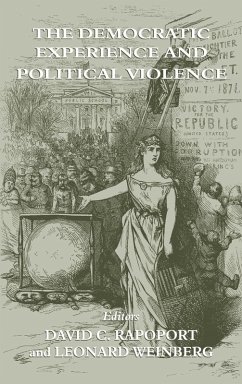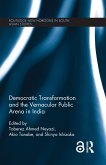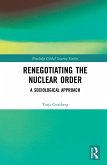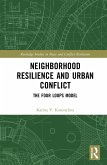This collection brings together distinguished scholars who have come to believe that democracies have a special proclivity to stimulate political violence. Cold War preoccupations and tendencies to ignore historical experiences have obscured this characteristic, as has a naive assumption that when appropriate peaceful means for settling disputes are provided, the "need" and thus the likelihood for violence dissipates. But the more we know about this feature of democracy the more effective our responses will be. The violence associated with elections is the dominant concern, analyzed on a general level and in particular case studies, such as in Israel, Italy, eastern Europe and the US. Forms of violence more conspicuous in, but not exclusive to democratic states receive special attention, for instance ethnic strife, riots, and terrorism. The focus is on national politics, but the impact of democratic institutions in shaping international responses to violence receives attention too. Finally, some very general issues are scrutinized. What does a persistant history of violence signify for national developments? Why do democracies have a proclivity for violence and can one make sense of Thomas Jefferson's dicta that democratic states need violence periodically to sustain themselves?








